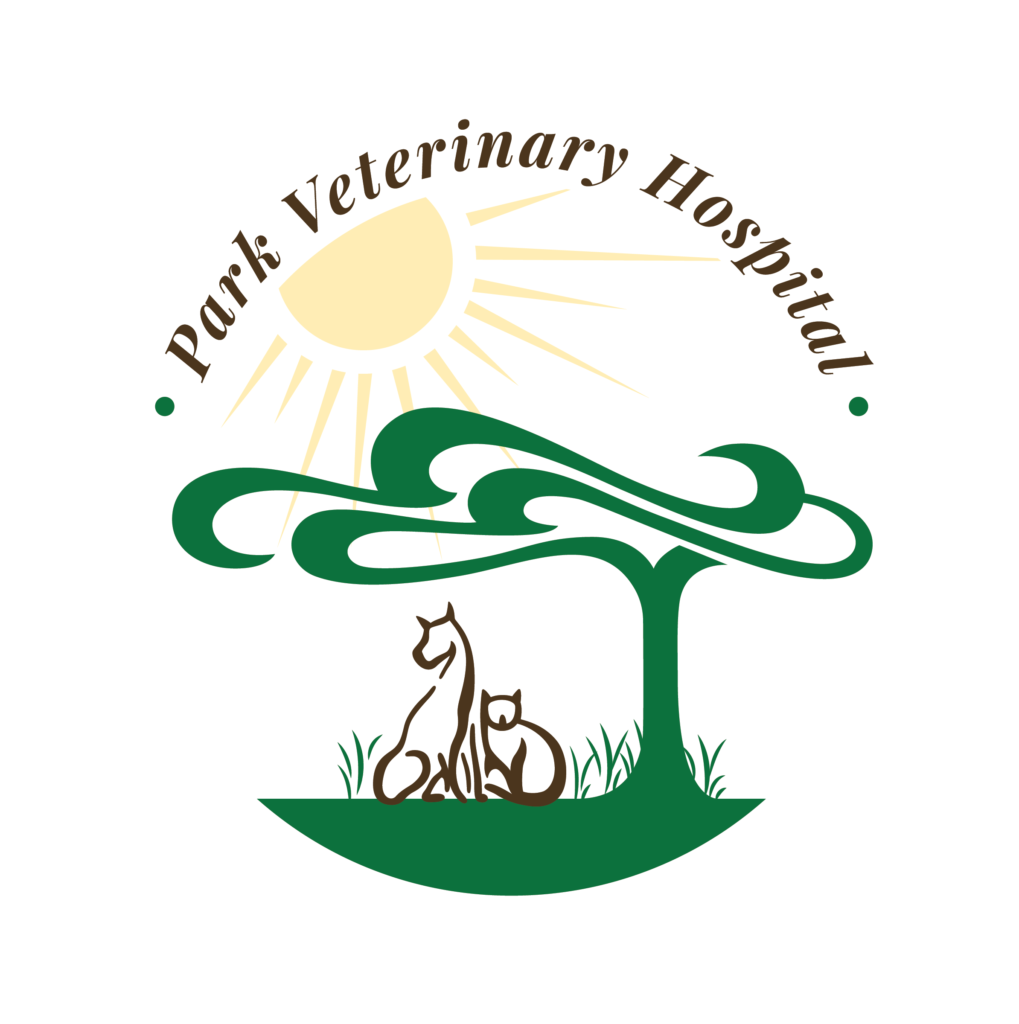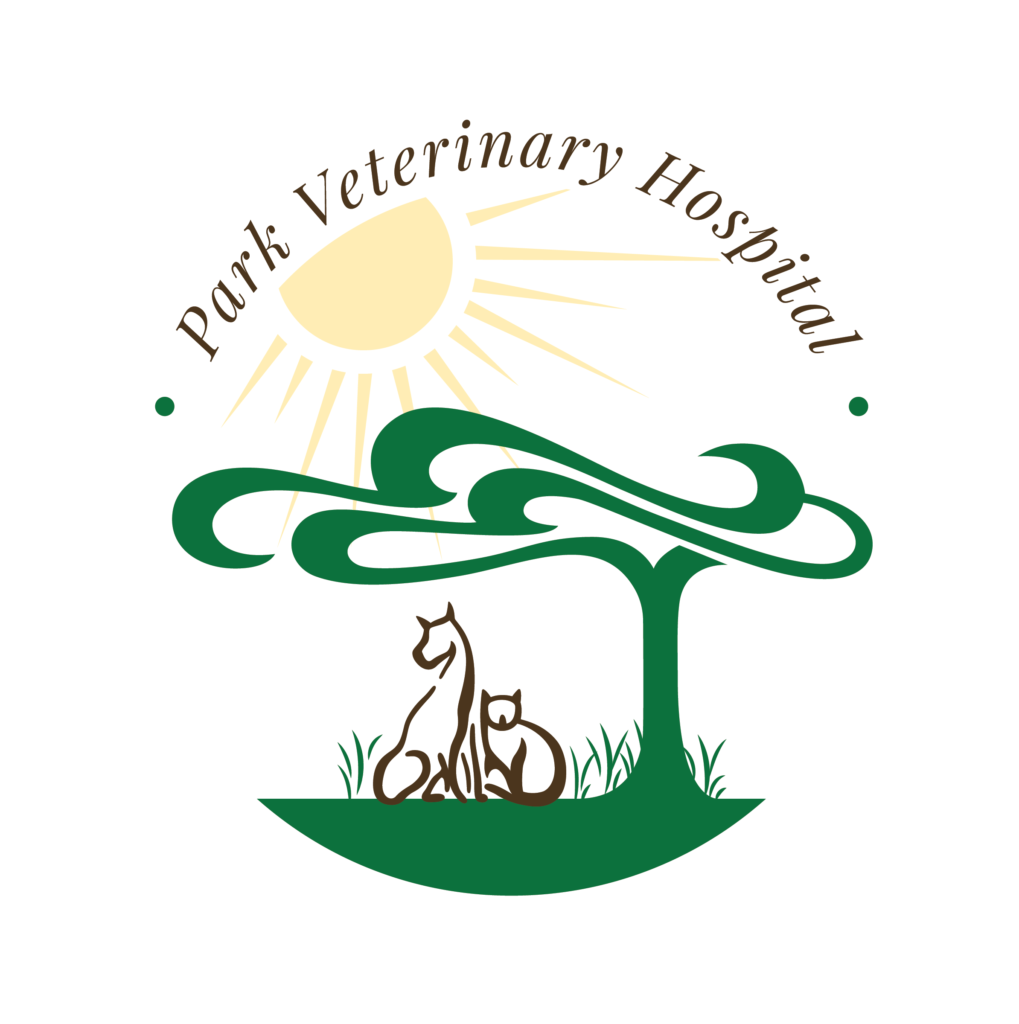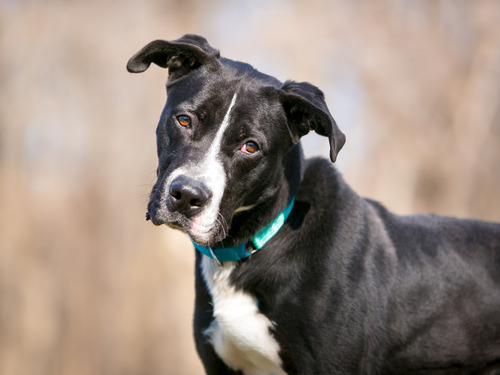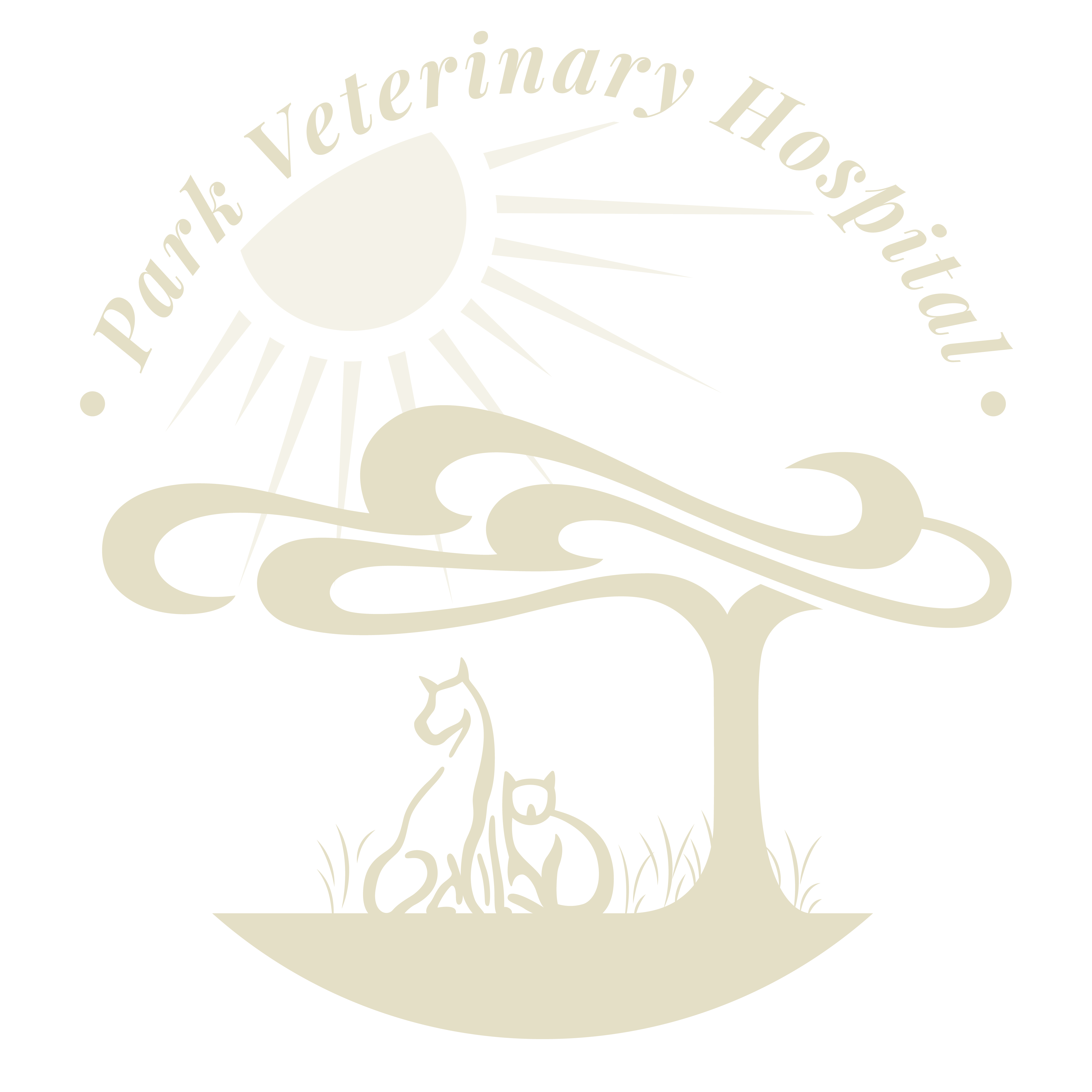Cysts on dogs are a common concern among pet owners, often causing worry when an unfamiliar lump appears on their furry companion. While many cysts are benign, some may require veterinary attention to prevent complications. The experienced team at Park Veterinary Hospital can help you understand the different types of cysts on dogs, their causes, and when to seek professional care, so you can make the best decisions for your pet’s health. If you’ve noticed a cyst on your dog and are unsure what to do, contact Park Veterinary Hospital at (954) 561-8387 or book an appointment online today!
What Are Cysts on Dogs?
Cysts on dogs are fluid-filled, semi-solid, or solid lumps that develop under the skin or within tissues. These growths can vary in size, shape, and texture, depending on their type and cause. While some cysts remain small and harmless, others can grow, rupture, or become infected, requiring veterinary intervention. The most common causes of cysts on dogs include blocked hair follicles, infections, genetic predispositions, and underlying health conditions. Since cysts can sometimes resemble more serious tumors, a veterinary evaluation is the best way to determine the nature of the growth and whether treatment is necessary.
Sebaceous Cysts: The Most Common Type
Sebaceous cysts are among the most frequently diagnosed cysts on dogs. These are caused by blocked sebaceous glands, which produce an oily substance called sebum that helps keep the skin moisturized. When the gland becomes clogged, a cyst can form, filled with thick, cheese-like material.
Symptoms of Sebaceous Cysts
- Small, raised lumps under the skin
- Slow-growing and usually painless
- May appear white or bluish in color
- Can rupture, releasing a pasty or thick discharge
- Often found on the head, neck, back, and limbs
Most sebaceous cysts are harmless and do not require treatment unless they become infected or cause discomfort. However, if the cyst ruptures, it can lead to inflammation and secondary infections. Your veterinarian can assess whether removal or monitoring is the best course of action.
Follicular Cysts: Hair Follicle Blockages
Follicular cysts develop when a hair follicle becomes blocked or damaged, leading to the accumulation of keratin, a protein found in hair and skin. These cysts often appear in areas where there is frequent friction, such as the armpits, groin, and paws.
Symptoms of Follicular Cysts
- Firm, round lumps beneath the skin
- May have a visible central pore or dark spot
- Can become red and swollen if irritated
- Occasionally rupture and leak thick material
Follicular cysts are generally benign, but if they become inflamed or infected, veterinary care is necessary. In some cases, surgical removal may be recommended to prevent recurrence.
Dermoid Cysts: A Congenital Condition
Dermoid cysts are uncommon and typically present at birth. These cysts develop when skin layers do not properly separate during fetal development, leading to pockets of skin tissue trapped beneath the surface. Dermoid cysts can occur anywhere on a dog’s body, but they are most often found along the spine.
Symptoms of Dermoid Cysts
- Soft to firm nodules under the skin
- May contain hair, oil, and skin cells
- Can grow larger over time
- Occasionally become infected or inflamed
Since dermoid cysts are congenital, they do not usually resolve on their own. If a dermoid cyst is growing or causing discomfort, a veterinarian may recommend removal.
Apocrine Sweat Gland Cysts: Rare but Possible
Apocrine sweat gland cysts develop from the sweat glands in a dog’s skin. These cysts are less common but can occur anywhere on the body, particularly in areas where sweat glands are more concentrated.
Symptoms of Apocrine Sweat Gland Cysts
- Small, round, fluid-filled bumps
- May be clear or bluish in appearance
- Typically painless and slow-growing
- Can rupture, leading to irritation
These cysts are generally harmless but should be monitored for changes in size or texture. If the cyst becomes problematic, veterinary treatment may be needed.
When Should You Seek Veterinary Care for Cysts on Dogs?
While many cysts on dogs are benign, certain signs indicate the need for veterinary evaluation. It’s important to seek professional care if you notice:
- Rapid cyst growth
- Redness, swelling, or signs of infection
- Pain or discomfort in the affected area
- Persistent or recurrent cysts
- Changes in color or texture
- Any cyst that ruptures and does not heal properly
Your veterinarian can determine whether the cyst is harmless or requires treatment. In some cases, additional testing, such as a biopsy or fine needle aspiration, may be necessary to rule out malignancy.
How Are Cysts on Dogs Treated?
The treatment for cysts on dogs depends on their type, location, and severity. Common treatment options include:
Monitoring
For small, non-problematic cysts, your veterinarian may recommend regular monitoring to ensure they do not grow or cause issues.
Drainage
If a cyst becomes large or inflamed, your veterinarian may drain the fluid to relieve pressure. However, this does not always prevent recurrence.
Surgical Removal
For cysts that are infected, recurrent, or interfering with a dog’s quality of life, surgical removal may be the best option. This is often performed under local or general anesthesia, depending on the cyst’s size and location.
Antibiotic Treatment
If a cyst becomes infected, antibiotics may be prescribed to manage the infection and reduce inflammation.
How to Support Your Dog’s Skin Health
Maintaining your dog’s overall skin health can help reduce the risk of cyst development. Here are some tips to promote healthy skin:
- Regular grooming to prevent blocked hair follicles
- Using veterinarian-recommended shampoos to maintain skin balance
- Providing a well-balanced diet rich in essential fatty acids
- Scheduling regular veterinary check-ups to catch skin issues early
- Keeping an eye on any new lumps or bumps and reporting them to your vet
If you have concerns about cysts on your dog, schedule a veterinary visit to ensure your pet’s health and comfort. Contact Park Veterinary Hospital at (954) 561-8387 or book an appointment online today!






